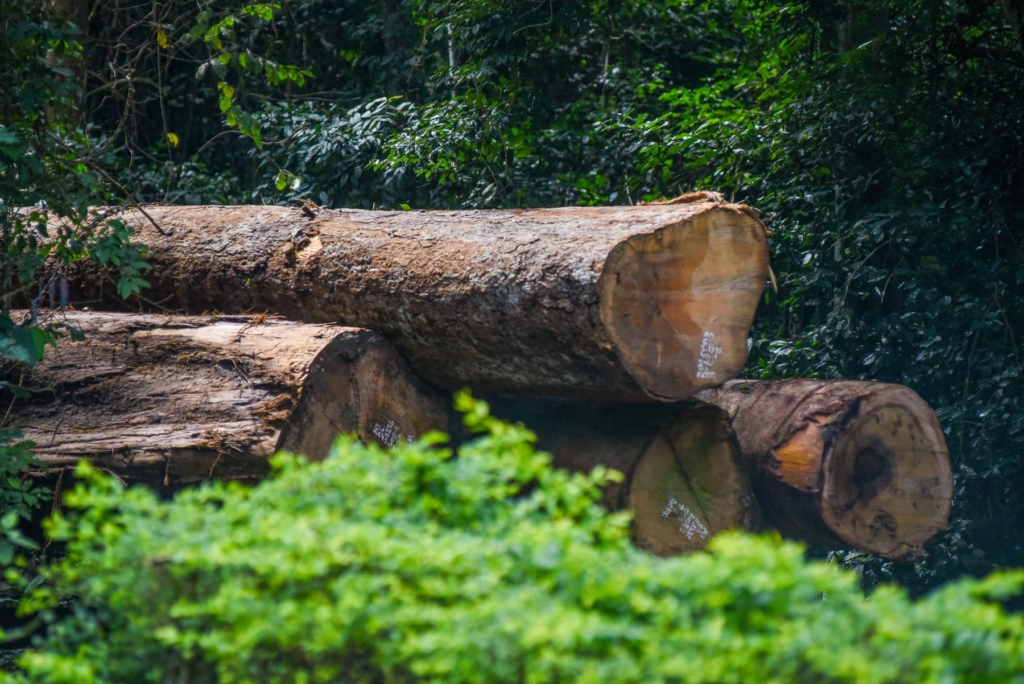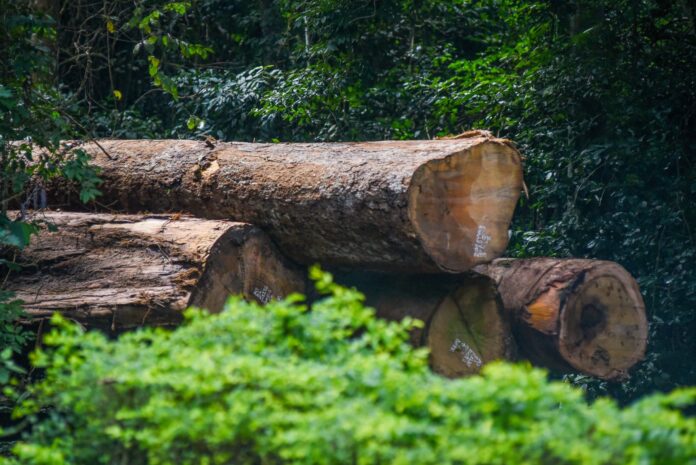
Senior Research Fellow at the Institute for Environment and Sanitation Studies, University of Ghana, Dr Ted Nii Yemoh Annang, has cautioned against excessive exploitation of Ghana’s forest resources, warning that it undermines natural regeneration and long-term sustainability.
Speaking on Joy FM’s Super Morning Show as part of Joy Sustainability Month discussions on the Sustainable Development Goals (SDGs) and Ghana’s development, Dr Annang stressed the need for responsible and regenerative use of the country’s natural resources.
“We should not harvest trees beyond the natural rate of recovery of the forest,” he said, highlighting that this principle lies at the heart of environmental sustainability.
He explained the evolution of the SDGs, saying, “The SDGs, as we have them now, evolved from the MDGs to the SDGs. That’s the framework, the blueprint set by the United Nations to dictate development.”
Dr Annang traced the concept of sustainability back to the 18th century, explaining how the term first gained prominence in forestry.
“The word ‘sustainability’ attracted attention from as far back as the 1700s, when people realised they were harvesting forest resources beyond the natural rate of regeneration,” he said.
He emphasised the urgency of sustainable practices in the face of widespread environmental degradation, particularly pointing to illegal mining commonly referred to as ‘galamsey’ as a major threat to Ghana’s forests and water bodies.
“Any time I listen to the news and hear people talk about galamsey, we say they’re degrading our forests and polluting our water bodies,” he said. “If we truly understood the extent of the destruction and its impact on our environment and water sources, we would not sleep until it ends.”
DISCLAIMER: The Views, Comments, Opinions, Contributions and Statements made by Readers and Contributors on this platform do not necessarily represent the views or policy of Multimedia Group Limited.
DISCLAIMER: The Views, Comments, Opinions, Contributions and Statements made by Readers and Contributors on this platform do not necessarily represent the views or policy of Multimedia Group Limited.


